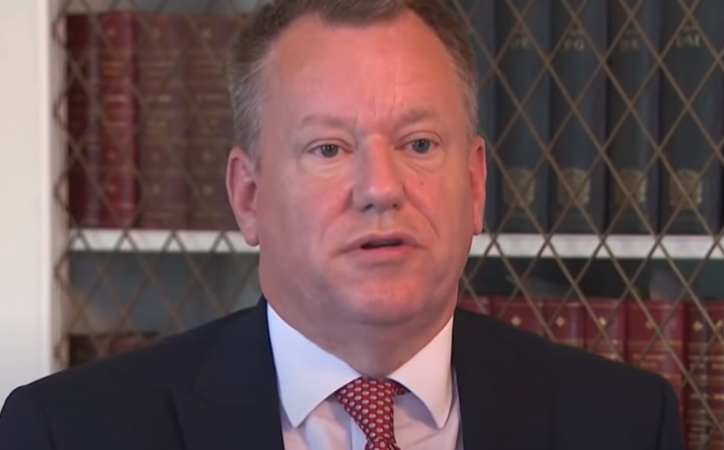23 July 2020 | UK NEWS
“Considerable gaps remain in the most difficult areas” with regard to the post-Brexit trade negotiations, according to the UK’s Chief Negotiator.
David Frost made the comments today following another round of trade negotiations, which have just finished in London.
While there was some common ground on major issues such as the role of the European Court of Justice, and constructive discussions were held on trade, there were wide gaps in some of the most difficult areas, including the ‘level playing field’ and fisheries.
In a statement following the discussions, Frost said: “The EU has listened to the UK on some of the issues most important to us, notably on the role of the Court of Justice.”
He continued: “We have also had constructive discussions on trade in goods and services, and in some of the sectoral agreements, notably on transport, social security cooperation, and participation in EU programmes.”
However, he added: “Considerable gaps remain in the most difficult areas, that is, the so-called level playing field and on fisheries. We have always been clear that our principles in these areas are not simple negotiating positions but expressions of the reality that we will be a fully independent country at the end of the transition period.
“That is why we continue to look for a deal with, at its core, a free trade agreement similar to the one the EU already has with Canada – that is, an agreement based on existing precedents. We remain unclear why this is so difficult for the EU, but we will continue to negotiate with this in mind.”
Frost also noted that there was a chance that a deal may not be reached, but that the negotiating teams would continue to seek one: “We will continue energetically to seek an agreement with the EU, we must face the possibility that one will not be reached, and we must therefore continue preparing for all possible scenarios for the end of the transition period at the end of this year.”
Michel Barnier, the EU’s Chief Negotiator, told reporters following the talks that the UK had not shown a “willingness to break the deadlock” over fisheries and a ‘level playing field’, confirming the words of David Frost.
He also said: “By its current refusal to commit to conditions of open and fair competition and to a balanced agreement on fisheries, the UK makes a trade agreement at this point unlikely.”
A further round of EU trade talks is set to commence in mid-August.
























